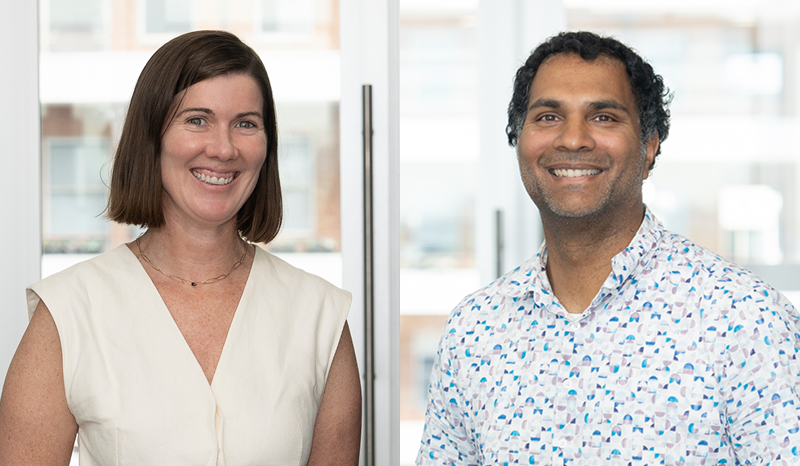
In a significant leap forward for medical research in Australia, a partnership between the Walter and Eliza Hall Institute of Medical Research (WEHI) and Moderna is transforming the landscape of RNA drug discovery. This collaboration, formalized through the MATE platform, is set to accelerate the development of mRNA medicines, harnessing the immune system to combat various diseases.
The partnership was catalyzed by Vi, a dedicated biologist whose personal journey into science was profoundly affected by the loss of his mother to breast cancer. This tragedy fueled his determination to explore new treatments for diseases, leading him to focus on RNA, a molecule crucial for cellular function. Vi’s work in RNA biology eventually led to the creation of exteRNA, a spin-out company, and a subsequent partnership with Moderna.
From Personal Loss to Scientific Breakthrough
Vi’s passion for biology was ignited by the unknowns in the field, unlike the more predictable realms of physics and mathematics. “When I was 18, my mother passed away from breast cancer. It fundamentally changed how I saw science,” Vi shared, emphasizing the personal drive behind his scientific pursuits.
His lab’s groundbreaking research in RNA biology caught the attention of Moderna, a leader in mRNA-based medicine. Although initial investment was not possible, Moderna’s interest in Vi’s work led to the awarding of the inaugural Moderna Australia Fellowship in 2023, recognizing the lab’s world-leading research and facilitating deeper collaboration.
The MATE Platform: A New Era of Collaboration
The MATE platform represents a pioneering effort to integrate WEHI researchers with Moderna’s cutting-edge technology. This collaboration is not just about sharing tools but also about exchanging trust, expertise, and a shared vision. It aims to transform innovative ideas into viable preclinical mRNA drug candidates, creating a hub for mRNA research in Australia.
“This partnership has opened doors not just for my lab, but for dozens of researchers across WEHI,” Vi explained. “Suddenly, we’re not struggling to pave the road ahead – we’re flying, with a Formula One team at our side.”
Kate’s Journey to Moderna
Kate, a key figure at Moderna, brings her own unique journey to the partnership. Initially uninterested in science, her path changed at Melbourne University, where she discovered a passion for immunology. This field, which bridges fundamental biology and human health, became her playground for scientific discovery.
After a decade at Massachusetts General Hospital and Harvard, Kate joined Moderna, driven by the potential of mRNA to redefine medicine. “Moderna has been at this for 15 years – it is one of few companies to make mRNA-based medicines safely, at scale and ready for clinical use,” she noted.
Exploring New Frontiers in Medicine
Moderna’s open approach to collaboration seeks to empower researchers worldwide to explore the full potential of mRNA. The company is currently investigating treatments for autoimmune diseases with high unmet needs, such as VEXAS syndrome, lupus, and scleroderma. VEXAS, discovered in 2020, presents an urgent challenge, with a 50% mortality rate within five years.
“When you connect the right people, with the right tools and a shared vision – that’s when things move forward. That’s what this partnership is about,” Kate emphasized.
The collaboration between WEHI and Moderna exemplifies the power of shared expertise and resources in advancing medical research. By bridging geographical and disciplinary boundaries, the partnership is poised to deliver significant health outcomes globally.
As the partnership progresses, both Vi and Kate remain committed to their shared vision of transforming scientific discoveries into tangible health benefits. This collaboration not only enhances the capabilities of Australian researchers but also underscores the global nature of scientific innovation.





